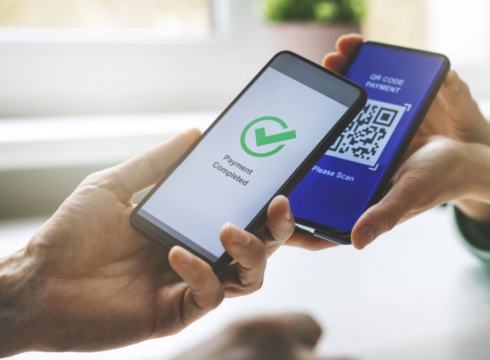

The Reserve Bank of India (RBI) on Friday allowed authorised bank and non-bank Prepaid Payment Instrument (PPI) issuers to issue PPIs for making payments across various modes of public transport. Such PPIs, which include prepaid cards and wallets, allow users to pay for metro, bus, train, waterways, tolls and parking facilities digitally.
“Public transport systems across the country cater to a multitude of commuters on a daily basis. To provide convenience, speed, affordability, and safety of
digital modes of payment to commuters for transit services, it has been decided to permit authorised bank and non-bank PPI issuers to issue PPIs for making
payments across various public transport systems,” RBI said in a notification.
In its previous master directions for PPI issuers, RBI had stated that authorised issuers will need to obtain permission before launching any mass-transit
payment instruments.
“These PPIs will be enabled only for payments across various modes of public transport such as metro, buses, rail, tolls and parking and according to RBI’s previous
circular the amount outstanding, in such PPIs, should not be over `3,000,” a senior official of a public sector bank told FE.
RBI had first issued the master directions on Prepaid Payment Instruments in 2021. As per the original circular, PPIs that require RBI approval before issuance
are classified under two types — small PPIs and full-KYC PPIs.
Small PPIs are issued by banks and non-banks after obtaining minimum details of the PPI holder. They are used only for the purchase of goods and services.
Funds transfer or cash withdrawal from such PPIs shall not be permitted.
Full-KYC PPIs are issued by banks and non-banks after completing the Know Your Customer (KYC) process of the PPI holder. These PPIs are used for purchase of
goods and services, funds transfer or cash withdrawal.
“This marks a pivotal moment in our journey towards modernising transit systems. By embracing digital payment solutions, we not only enhance convenience
but also pave the way for a more efficient, accessible and forward-looking transportation experience for all,” said Bipin Preet Singh, co-founder and CEO, MobiKwik